“Would you like a drink?” They asked.
“Erm…” I replied.
As a ranger, I’m accustomed to meeting strangers. I enjoy it! I am, however, a loner in the great outdoors, and acceptance of hospitality in that context doesn’t come easily to me.
I’m terribly English about it, declining through misplaced politeness or, in this case, not wanting to impose upon lovely Bavarian families on their first trips to Scotland. But, somehow, I managed to sidestep the usual awkwardness and say: “A drink would be lovely, thanks!”
“Prost!” I offered, as we raised our mugs of wine.
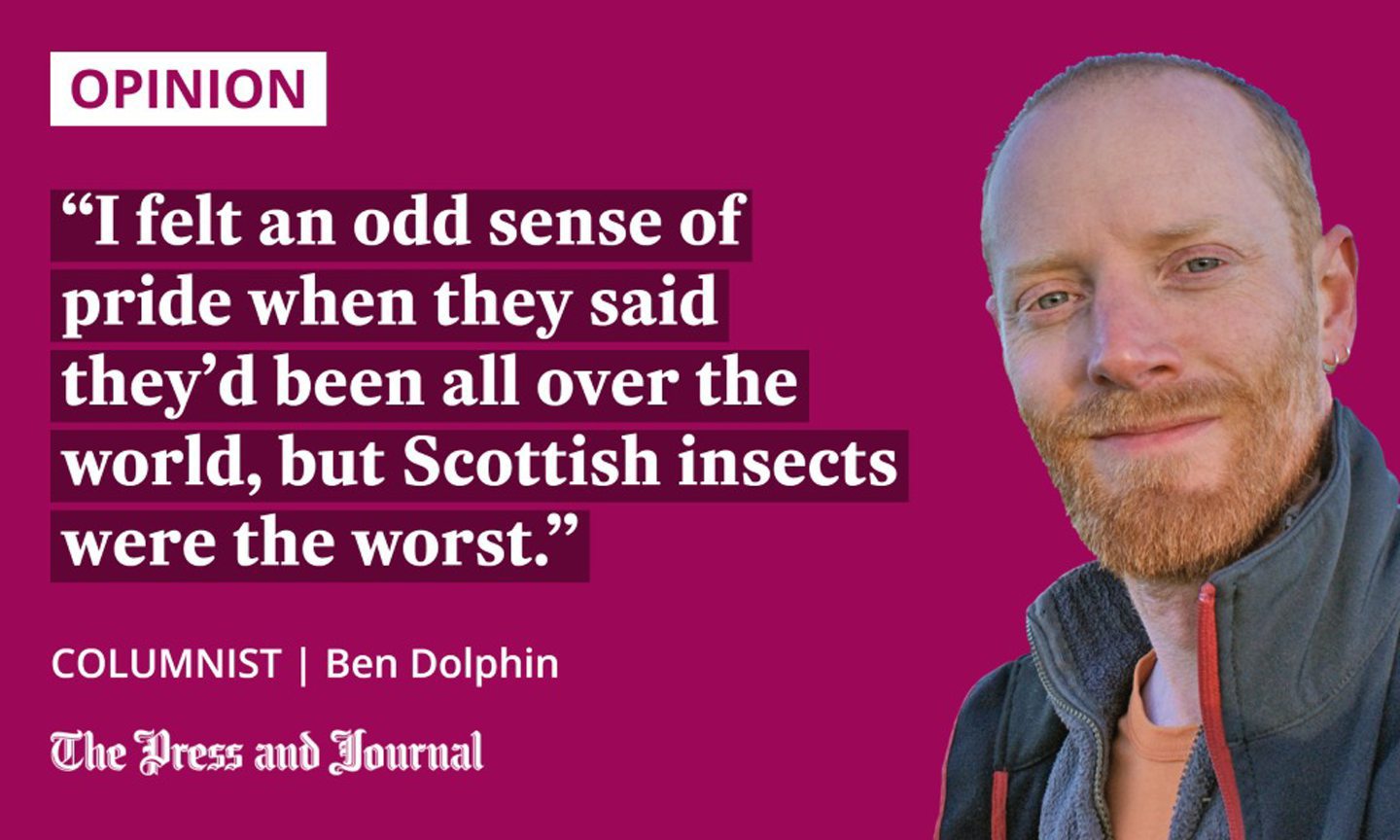
I’d pulled alongside their motorhome, having recognised their vehicle from two days earlier, when I’d dispensed advice to help them plan their two-day walk in the Cairngorms. It’s usually the case that we encounter tourists at the start of their visits, sending them off with information and recommendations, but we rarely get to see them afterwards to ask how their trips went.
I’d finished my shift and was on my way home for dinner, but I couldn’t resist stopping briefly to see if they’d had a nice time.
Unplanned and unexpected, I was still there in that cold, midge-filled car park four hours later, sharing their wine, bread, cheese and chorizo. I’d quite forgotten the simple pleasures of listening, talking, learning from complete strangers. Discovering so many things in common that you start feeling like pals.
Discovering the pros of car-park campervanning
It was also my first experience of the weirdness that is car-park campervanning. I’ve always been baffled about why anyone would want to holiday in car parks, where other people, vehicles and noise, are your neighbours.
But, under the lengthening shadow of the ticket machine, sunk low on flimsy camping chairs, listening to their “wherever the wind blows” approach to holiday schedules, I started to understand. The informality, spontaneity, and, of course, the wholesome outdoorsiness of it all were appealing.
I did worry that our laughter would annoy the other campervanners parked-up nearby, all of whom were, I noticed, sitting indoors rather than out. Yeah, the midges were buzzing, but they weren’t THAT bad.
My hosts whispered that they found it odd that so many holidaying Brits don’t sit outside their motorhomes for an evening. They did, however, admit that – despite the warnings – they had underestimated midges, because they assumed the horror stories were exaggeration, to scare the tourists.
I felt an odd sense of pride when they said they’d been all over the world, but Scottish insects were the worst.
Around here we ‘just go’
Even so, midges weren’t going to spoil their holiday, and they eagerly shared with me all the things they loved about Scotland: pints, blaeberries, Mull, gaiters!
They especially liked how we “just go”, regardless of weather. I explained that the weather can sometimes be so awful that, if we didn’t walk in the rain, we’d be indoors for weeks.
Interestingly, they really appreciated the absence of signs and waymarkers in the hills, explaining how Bavaria has signs absolutely everywhere – on summits, in passes, at junctions. Everything that’s anything is signposted.
Most striking for me, however, was their comparison between rangers here and rangers there. When I drove alongside to ask how their trip had gone, the kids had apparently asked their mum who it was.
“The ranger,” she said. “What have we done wrong?” They replied.
She told me that, back home, children aren’t scared of police – they’re scared of rangers. Uniforms who tell them what they can’t do, never what they can.
I was mortified to think the kids saw me as some humourless threat to their holiday, and it took their parents the whole evening to convince them I’d genuinely stopped by for a friendly chat.
Other countries aspire to be like Scotland
It’s difficult to overstate how important that “meeting and greeting” is for facilitating successful (and responsible) days out. During our first conversation, I’d fielded questions about routes, bothies, midges, weather, fishing, motorhomes and more – a one-stop-shop for outdoors advice. They said it was fantastic that a ranger was there at the start of their visit, exactly where and when they needed one.
They saw it as a model for trying to better manage visitor pressures where they live. They’d even taken a photo of me outside the ranger hut to take back to their local community, and illustrate how they can positively facilitate outdoor recreation.
It was an unexpected insight from an unexpected evening, both of which I mulled over as I cheerfully walked home. It had been fascinating, listening to overseas observations of my country: the good, the bad, the weird and the wonderful.
While it’s easy in Scotland to beat ourselves up and lament about how others do things better, there are things we’re doing right. Perhaps, sometimes, we just need that view from afar to see it.
Ben Dolphin is an outdoors enthusiast, countryside ranger and former president of Ramblers Scotland
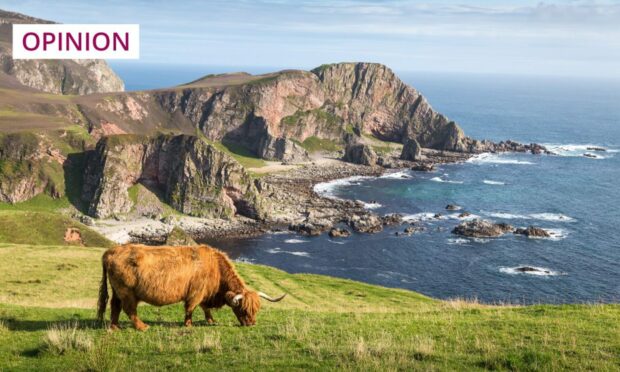
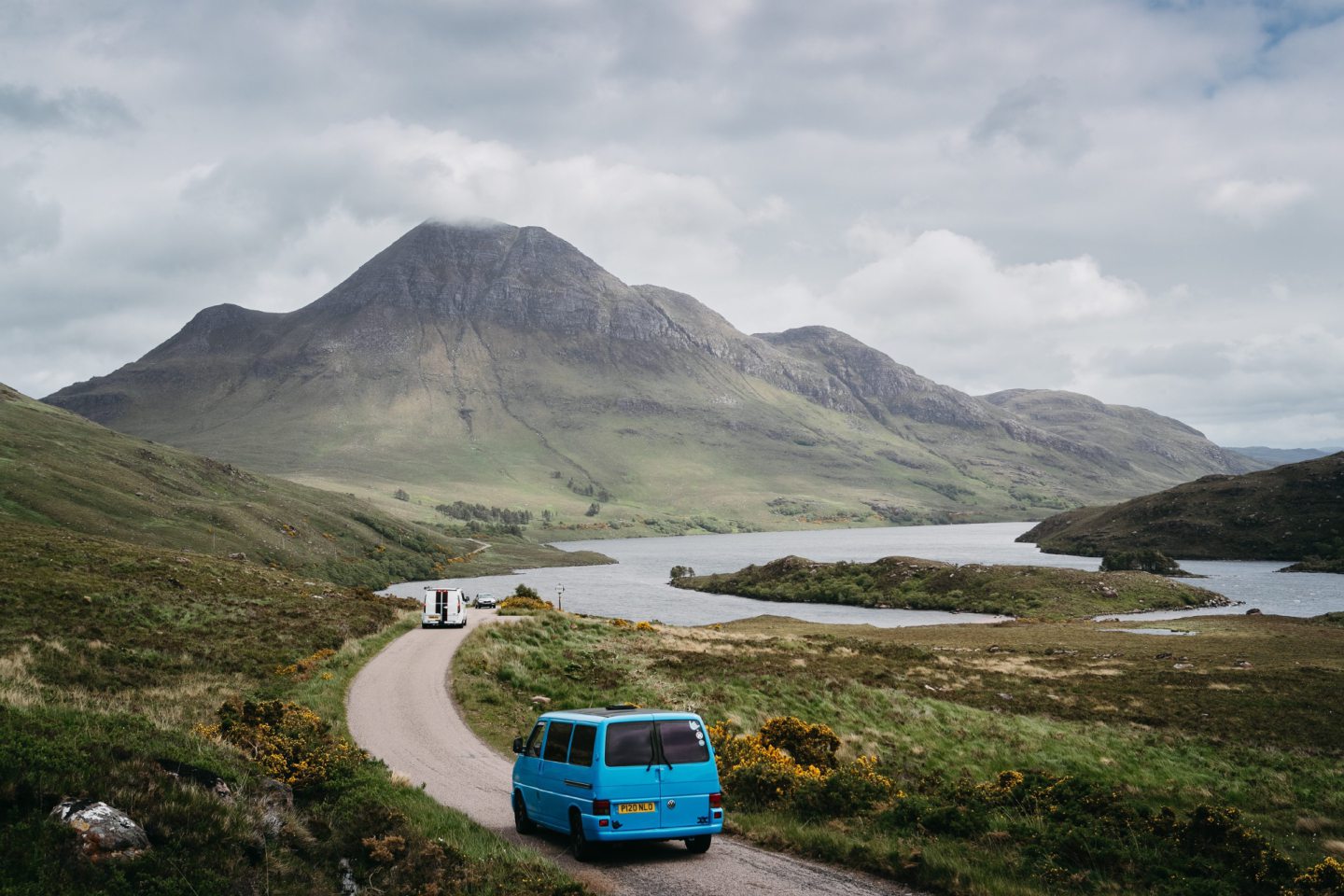
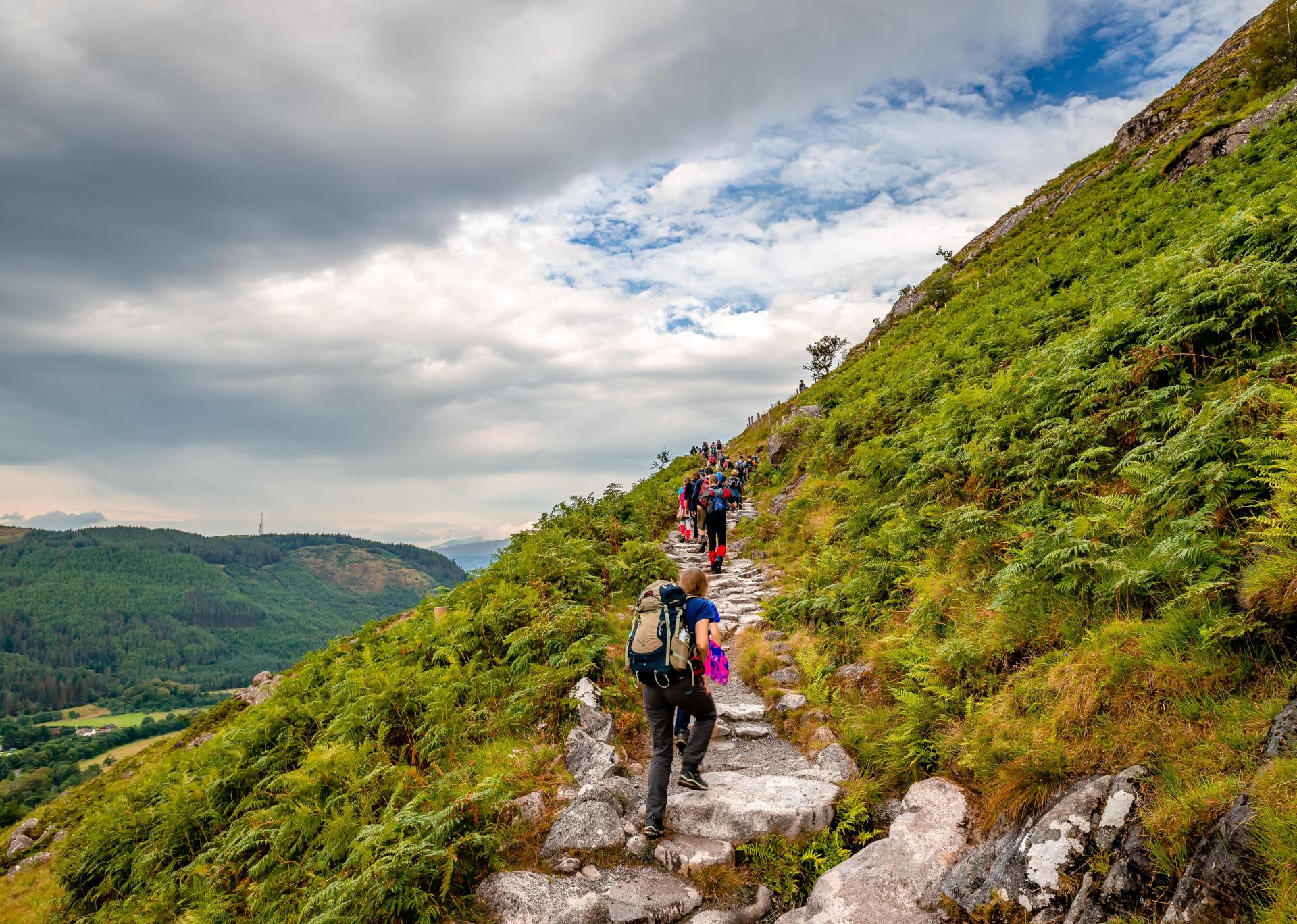
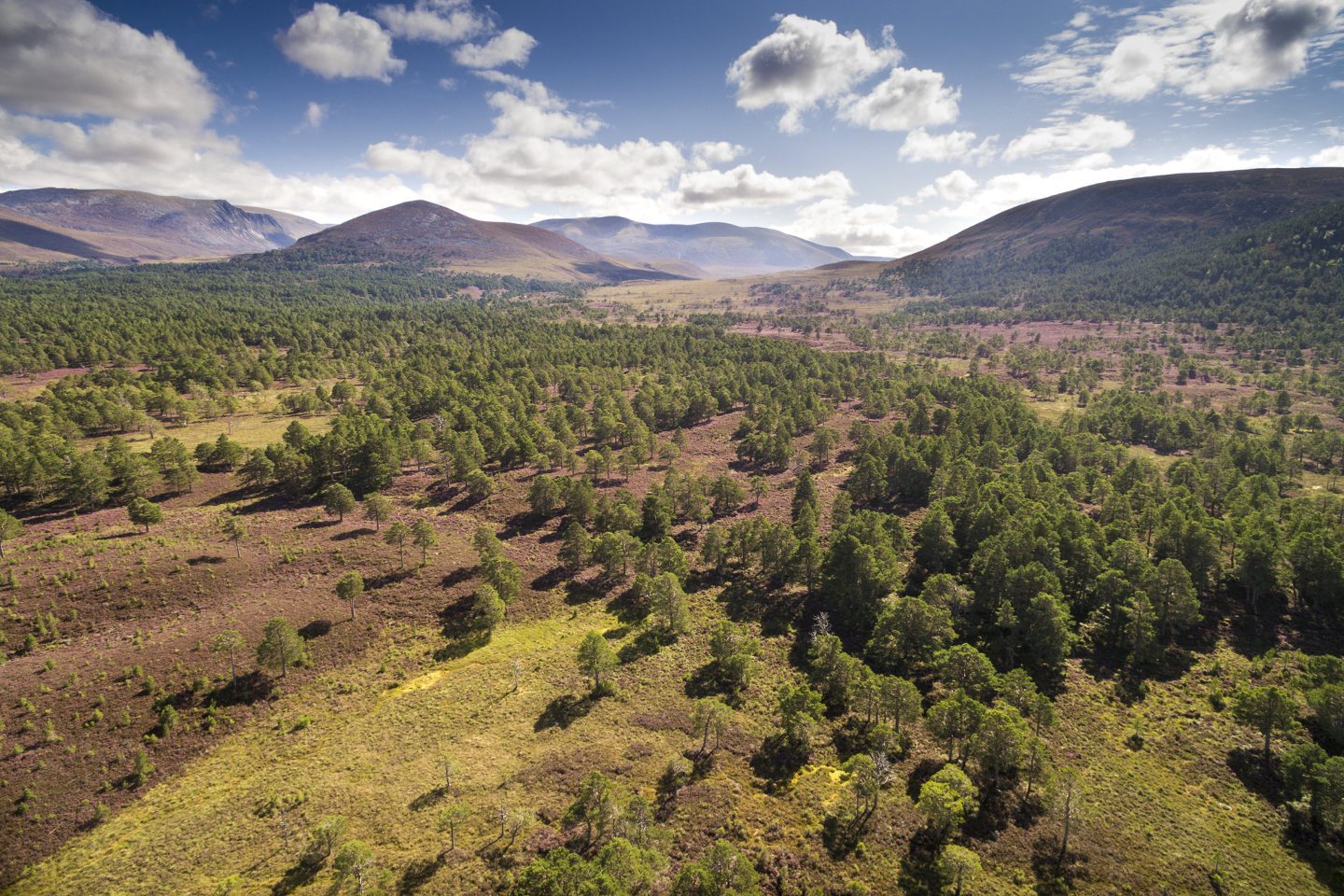










Conversation